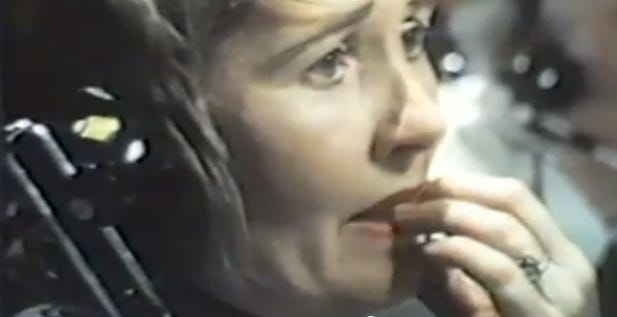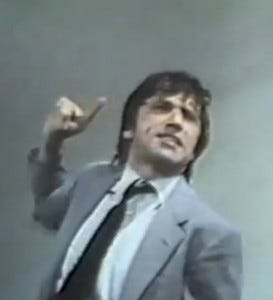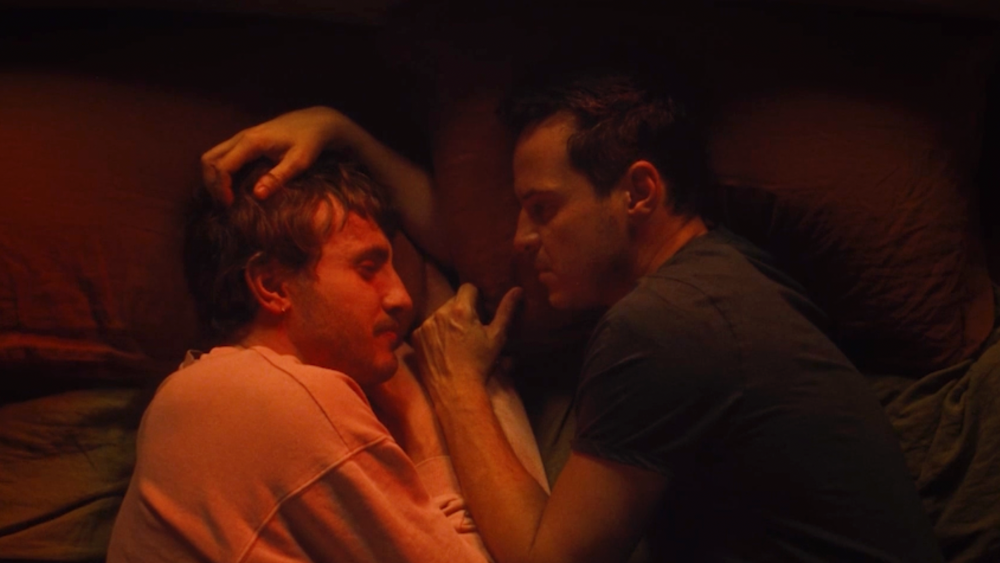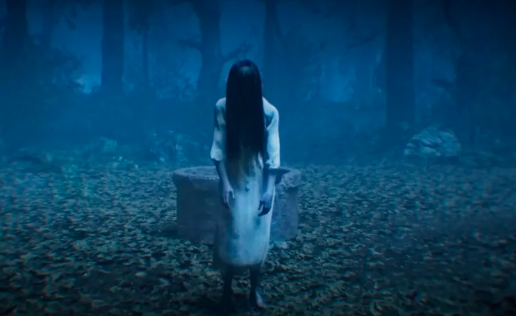Books & Culture
Why Kurt Vonnegut Hated Screenwriting

by Katie Sharrow-Reabe

In an age when it’s assumed that any well-received book will have a film adaptation follow, and when many writers forgo the novel and go straight for the money-making screenplay, it is expected that all authors would relish the opportunity to have their stories brought to the big screen. But this was not much the case for Kurt Vonnegut. After two live-action adaptations of his work, he renounced the medium in the preface of the script for a made-for-TV movie he made in the early ’70s. Excerpts from the movie can be found on YouTube and also on The Airship Daily, although full-length copies are few and far between.
“I am not going to have anything more to do with film–for this reason: I don’t like film,” he writes. “Film is too clankingly real, too permanent, too industrial for me. As a stingy child of the Great Depression, I am bound to complain that it is also too fucking expensive to be much fun.”

From 1972’s “Between Time and Timbuktu”
The movie, Between Time and Timbuktu, is an amalgamation of some of Vonnegut’s short stories and was written primarily by Emmy-winning writer and director David Odell. 20 years later, Vonnegut must have changed his opinion, as he appeared in a short-lived TV series based on his collection of short stories, Welcome to the Monkey House.
However, the stage was a kinder beast for Vonnegut. In an interview with The Boston Globe, Vonnegut’s literary executor, Donald Farber, recalls how Vonnegut came alive when was writing for the stage. “Kurt would write books, and it was lonely,” Farber said. “When he got into writing plays, we all assembled at the theater and we had a ball. It was an adventure for him. It was an opportunity to socialize and work on the play and be around the theater instead of sitting in a room by himself typing out a piece of paper and throwing it in the wastebasket.”









